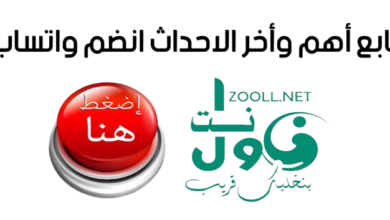People with disabilities and sustainable development: from a moral, social, economic and humanitarian point of view ✍️ Taha Haroun Hamed

The problems of people with disabilities are considered one of the most important challenges facing modern societies, because to achieve sustainable development one must work towards the realization of their rights and their effective integration into society. Moral, social, economic and humanitarian aspects related to people with disabilities, in addition to initiatives that contribute to improving their quality of life.
Ethical dimension
Achieving social justice and human rights is one of the fundamental principles of sustainable development. This requires society to recognize the rights of people with disabilities to a decent life, to education, to work and to participation in public life. From this perspective, recognizing their value as individuals with equal life and existence opportunities is considered a moral duty for any society.
Social dimension
The inclusion of people with disabilities in social life is an essential element of sustainable development. When these individuals are able to participate effectively in society, social bonds are strengthened and the social fabric is strengthened. Social initiatives include the provision of accessible public spaces and facilities, as well as awareness programs that help change negative stereotypes about people with disabilities.
Economic dimension
Achieving sustainable economic development requires the integration of people with disabilities into the labor market. By providing employment and vocational training opportunities, these individuals can contribute effectively to the economy, which benefits society as a whole. Policies that support small and medium-sized businesses owned by people with disabilities are a step toward financial independence and improved quality of life.
The human dimension
Achieving the well-being of people with disabilities goes beyond economic and social aspects. This should include appropriate health care, psychological support and the provision of a safe and nurturing environment. Inclusive humanitarian initiatives require investing resources to ensure that the needs of people with disabilities are met in a sustainable manner.
Sustainable initiatives
Initiatives that help improve the lives of people with disabilities:
Education and training programs:
Provide specialized education and vocational training to enable them to obtain suitable jobs.
Support small projects:
Providing loans and financial assistance to people with disabilities to start their own projects so that they can access an excellent financial situation
Community Awareness:
Awareness campaigns aimed at changing negative perceptions and promoting social acceptance, contempt and condescension towards them
Equipped public facilities:
Design cities and public facilities so that they are accessible to all without exception or discrimination
Panic (fire) or lasting action?
Although some initiatives can be seen as a sort of “panic” aimed at solving pressing problems, sustainability requires a long-term holistic vision. Initiatives must be carefully planned and highly targeted to achieve real and lasting change in the lives of those affected. It is necessary for governments and organizations to cooperate to achieve these goals.
conclusion
Working for the well-being of people with disabilities requires collective commitment and effective coordination between all stakeholders. By taking real action across moral, social, economic and humanitarian dimensions, societies can guarantee the rights of people with disabilities and enable them to lead dignified and prosperous lives.





